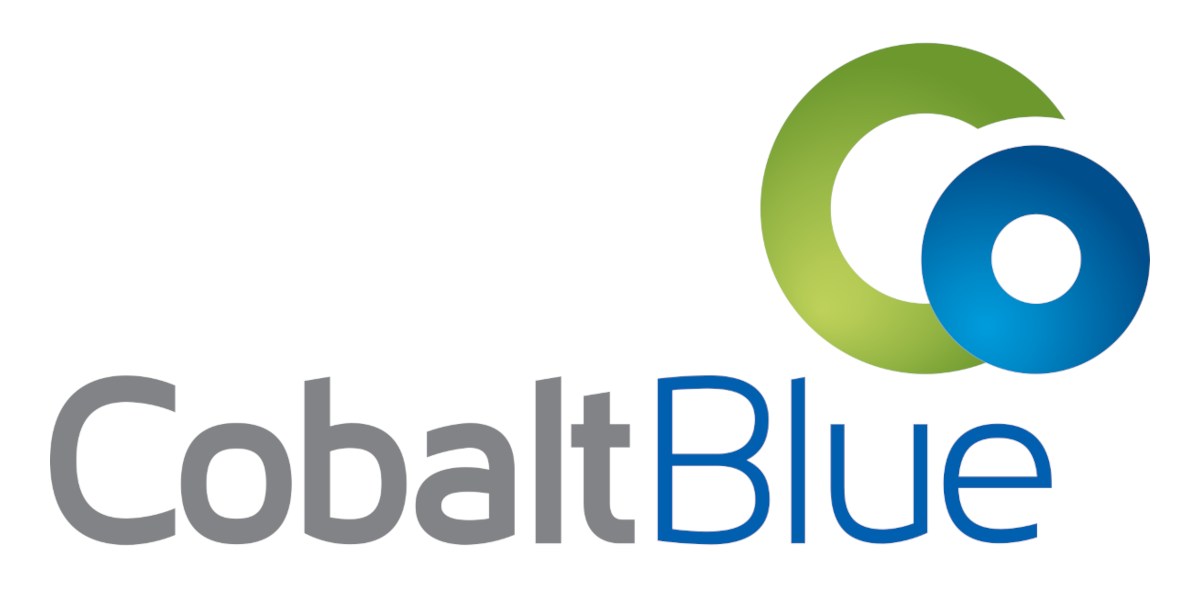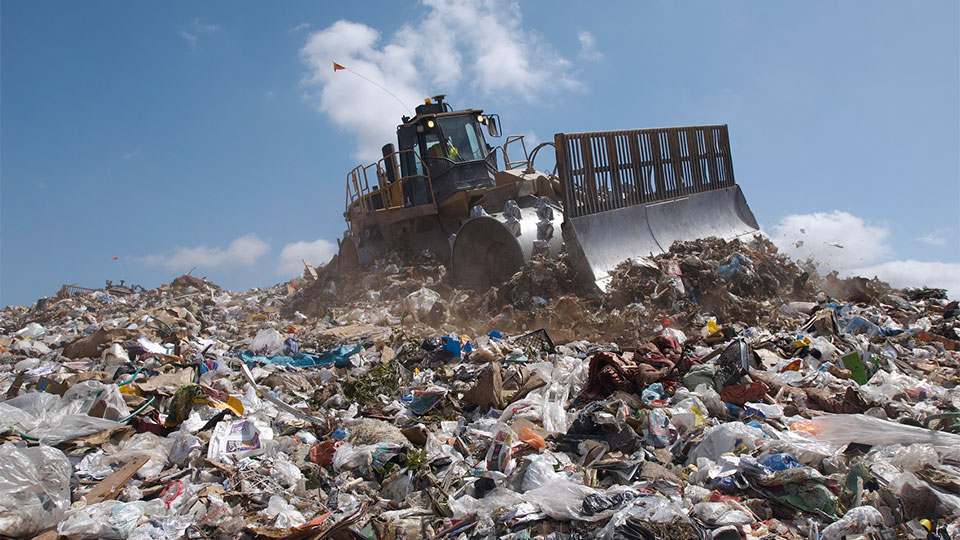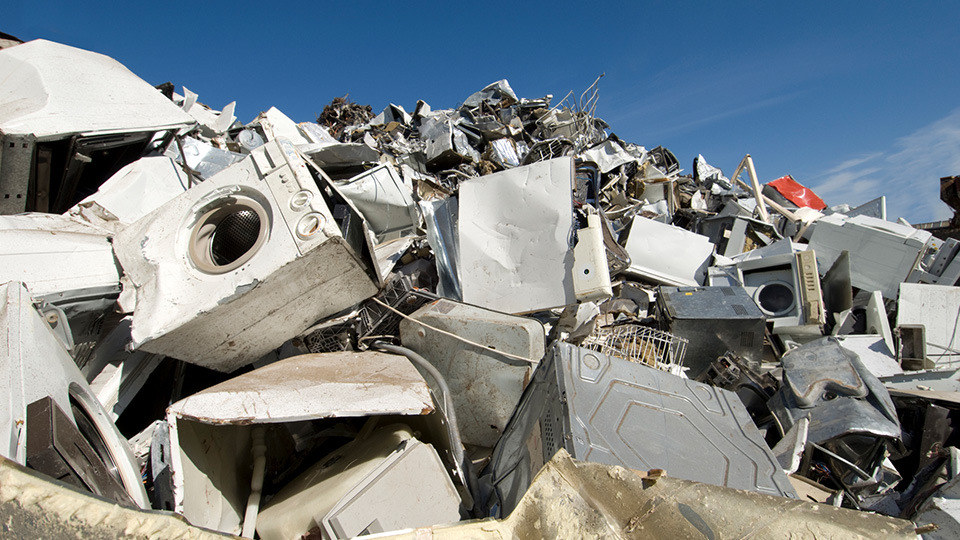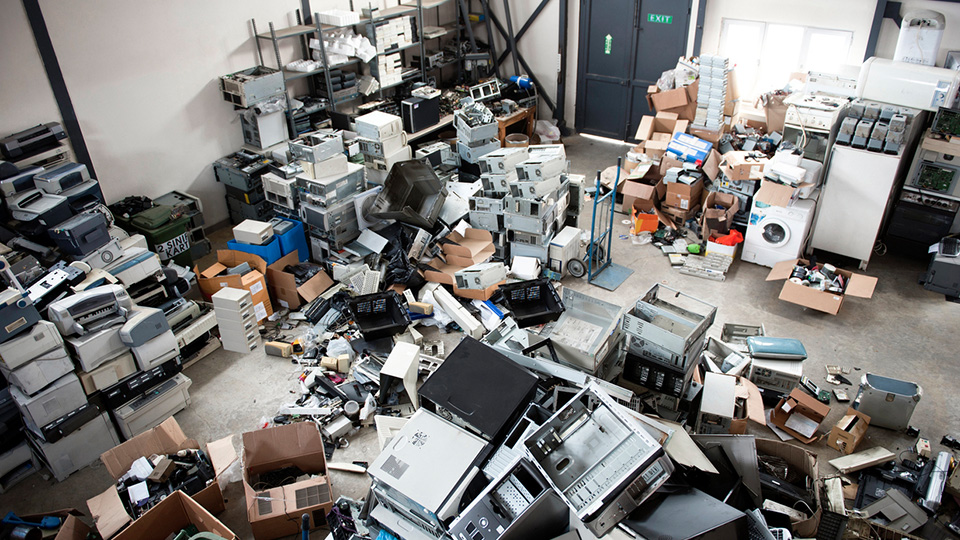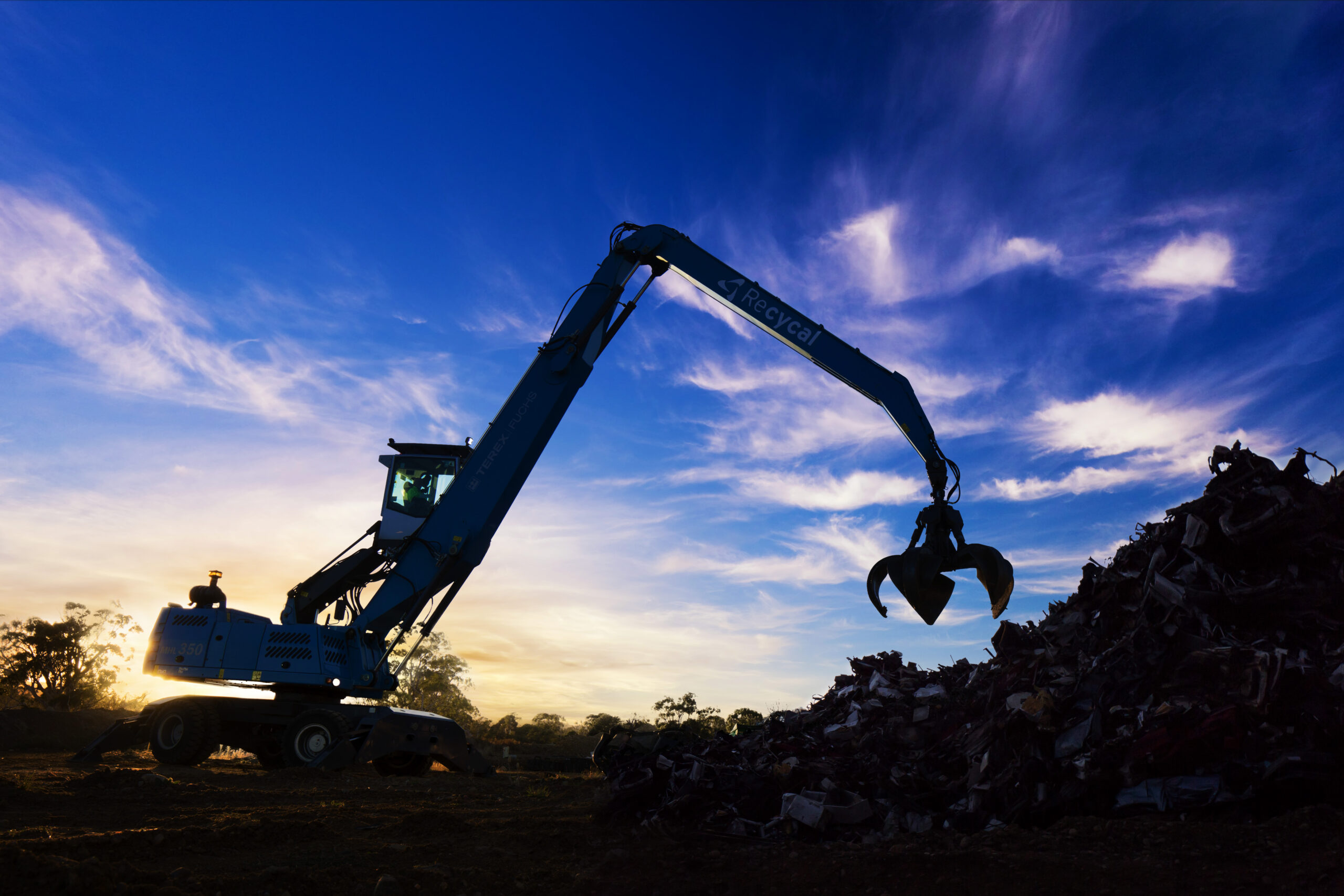12,500,000 tonnes – that’s the amount of waste generated by Australian businesses every year.
It’s estimated that 70% of that waste can be reused or recycled, but nearly half (46%) of it goes to landfill. That’s three million tonnes of waste unnecessarily going to landfill each year.
A new resource from Planet Ark, The Business Case for Less Waste, looks at both the monetary and other benefits reaped by businesses that tackle their waste problems.
It also contains case studies highlighting impressive achievements of a number of businesses.
Planet Ark’s Recycling Programs Manager Ryan Collins said the cost of sending business waste to landfill were significant, and not just environmental.
“It’s clear that many workplaces don’t understand that they may be wasting money by sending waste to landfill,” he said.
For example, landfill gate fees range from $55 per tonne in Western Australia, and up to $146 per tonne in the Australian Capital Territory.
That means it costs businesses hundreds of millions of dollars a year to dump waste that could be recycled, and that doesn’t include handling and transport fees.
“Take Cumberland Golf Club as an example; by investing in a wood chipper they cut their waste fees by $8,000 a year, and The Good Guys in Rockdale reduced their skip bin pick-ups from three times a week to once a fortnight, saving thousands of dollars a year,” Mr Collins said.
Gain a competitive edge
Aside from the direct monetary costs, what other issues make up Planet Ark’s business case?
Second on the list is that recycling gives businesses a competitive edge.
Research has shown that businesses with a commitment to sustainability outperform those without one.
Workplaces that are innovative in this regard foster customer loyalty, boosting long-term profitability.
According to the Planet Ark report, good waste management practices also contribute to happier staff.
In Australia, 80% of employees would like to see more recycling in the workplace. When recycling programs are implemented, staff morale improves and an increased sense of team membership develops.
Finally, the report highlights a smaller footprint – whether of the carbon, landfill or toxic materials variety.
Recycling materials that are already in the economic system reduces harm to the environment, and reduces the need to extract and process virgin materials.
Tackling difficult waste
For many common waste types such as paper, glass and plastic, the recycling costs are less than landfill costs. However, that isn’t always the case.
Ecocycle’s Business Development Manager Daryl Moyle said when it comes to waste that contains toxic materials, such as mercury, the need for more specialised equipment and high safety standards leads to higher recycling costs.
Fluorescent lighting, batteries and electronic waste are all examples of waste types that are recyclable, but require specialist handling.
However, Mr Moyle points out: “Implementing programs for these difficult types of waste demonstrates a real commitment to sustainability, enhancing a business’s competitive edge.”
Call in the experts
Ecocycle is the expert in recycling a range of business and industrial waste, and is Australia’s oldest and most experienced mercury recycler, and the only company fully licensed by the EPA to handle the entire process of mercury recycling.
To find out how your business can benefit from implementing a recycling program, phone 1300 32 62 92 or send us your details via the form below.

